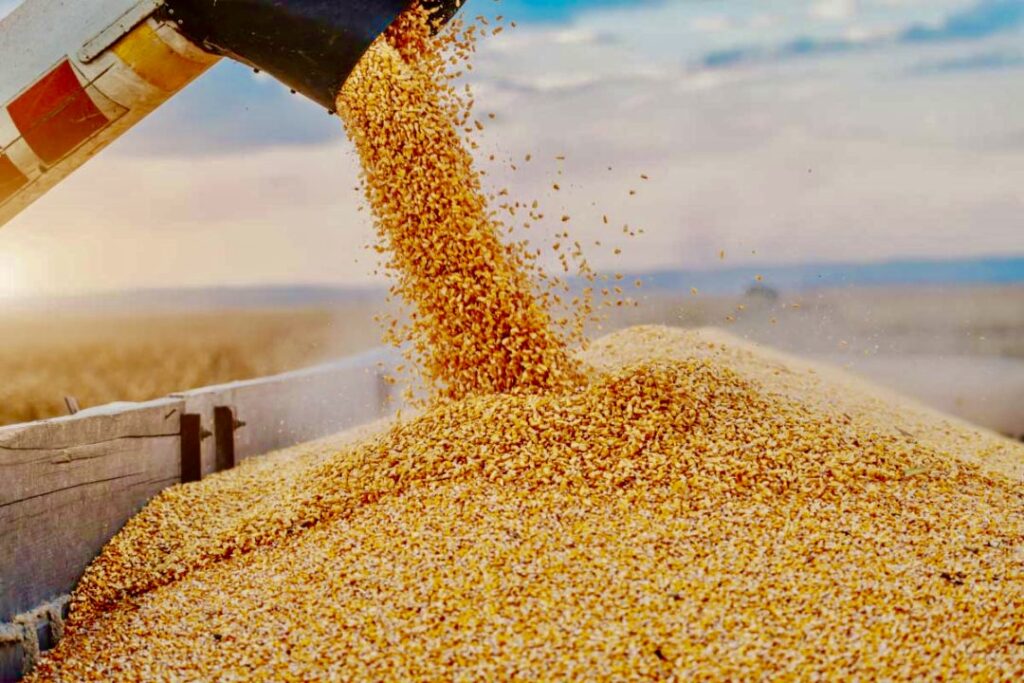Increase Wheat Production to Stabilize Flour Prices, Urges Agriculture Expert
Agriculture expert Dr. Oliver Bulaya has called on the Zambian government to bolster support for both small and large-scale farmers to increase wheat production, in a bid to stabilize rising flour prices.
Speaking in an interview with Zambia Business Times, Dr. Bulaya identified the country’s low wheat production as a key factor driving up the cost of wheat-based commodities, including flour, which in turn impacts the prices of final products.
Dr. Bulaya explained that many large-scale farmers had shifted their focus from wheat to maize cultivation, largely due to government contracts encouraging maize production. This shift, driven by the lucrative maize market, has led to a significant decrease in wheat cultivation, further contributing to the imbalance between wheat supply and demand in the market.
“The 2023-2024 farming season saw a marked increase in maize production by large-scale farmers, with some abandoning wheat cultivation entirely due to the higher profits maize currently commands both locally and regionally,” Dr. Bulaya noted.
He also highlighted that the reduction in wheat-cultivated hectares has resulted in a supply deficit, exacerbating the hike in flour prices. The imbalance between the high demand for wheat and its low supply is now being felt across the market.
Dr. Bulaya emphasized the importance of adopting climate-smart agricultural practices, such as minimum tillage, crop rotation, and residual retention, to address the challenges posed by climate change.
He pointed out that climate change has not only affected small-scale farmers but has also impacted commercial farmers, particularly those dependent on irrigation.
“The prolonged dry spells have led to a decline in underground water levels in certain areas, further affecting the yields of crops that rely on irrigation, including wheat,” Dr. Bulaya explained.
In addition to climate-related challenges, Dr. Bulaya underscored that the rising prices of wheat and flour can also be attributed to the dynamics of supply and demand. With wheat production lagging and demand surging, prices have naturally escalated.
To mitigate these challenges, Dr. Bulaya urged the government to take proactive steps in supporting wheat farmers and promoting climate-smart agriculture. By doing so, Zambia can increase wheat production, regulate flour prices, and ensure food security for its population.
Source: ZBT



